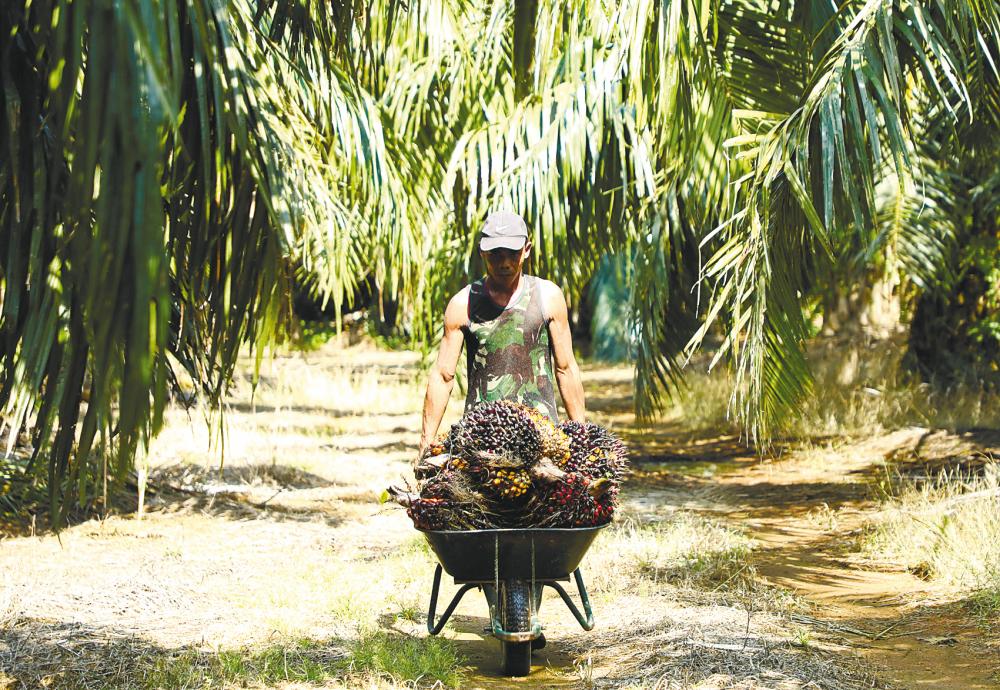KUALA LUMPUR: Malaysia is losing around 57,880 tonnes of palm oil fruit each day due to an acute shortage of labour, the Plantation Industries and Commodities Ministry said today, costing the world's second-biggest producer more than RM10 billion in the first five months of the year.
Malaysia has grappled with worsening labour shortages throughout the Covid-19 pandemic, and efforts to bring in migrant workers from Indonesia and Bangladesh have stalled amid negotiations over measures to protect workers.
“Although the country’s borders have reopened, the entry of foreign workers into the palm oil sector has not fully recovered,” Minister Datuk Zuraida Kamaruddin told Parliament.
During the January-May period, planters faced an average shortage of around 54,190 workers, with more than 50% of this total, or nearly 29,000 workers, supposed to be doing the critical harvesting and collection tasks, Zuraida said.
Her estimates were lower than those of plantation industry groups, which in recent months said they were short of as many as 120,000 workers.
Zuraida said based on the ministry's calculations, an estimated 57,880 tonnes of palm fruit went unharvested per day, or 1.5 million tonnes per month. As a result, Malaysia had lost 7.52 million tonnes of palm oil fruit from January to May, valued at RM10.46 billion, she added.
Migrant workers make up more than 75% of the workforce in plantation estates and staff shortages have throttled palm oil production in Malaysia amid a global edible oil shortage.
In another development, Malaysia has maintained its August export tax for crude palm oil at 8% and lowered its reference price, a Malaysian Palm Oil Board circular showed today.
The world's second-largest palm oil exporter calculated a reference price of RM5,257.91 per tonne for August. The July reference price was RM6,732.26 a tonne.
The export tax structure starts at 3% for crude palm oil in a RM2,250 to RM2,400 per tonne range. The maximum tax rate is set at 8% when prices exceed RM3,450 a tonne. – Reuters










